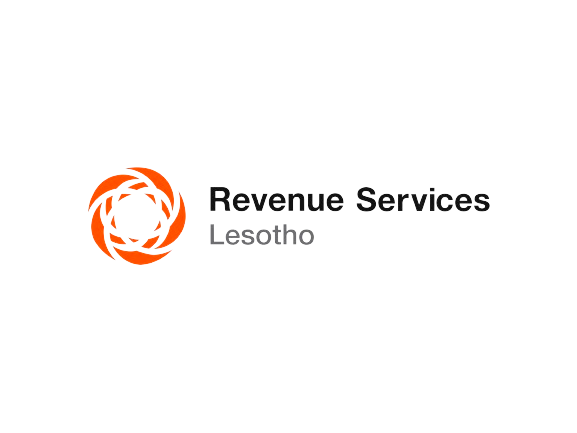Tax Refund
What is a Tax refund?
A tax refund is the money that is paid back to the Taxpayer by the Revenue Services Lesotho (RSL) when the amount of tax actually paid by the Taxpayer is more than the amount due or owed by Taxpayer in a year of assessment.
There are several circumstances under which a Taxpayer may have to be refunded taxes paid to the Authority. The following are examples of such circumstances.
- the Taxpayer made errors in calculating the original liability,
- the Taxpayer was wrongfully charged tax, for example, due to improper application of the taxing provisions,
- the Taxpayer simply made an overpayment.
The underlying principle guiding payment of a tax refund as per the tax laws is that for a Taxpayer to be paid a tax refund, such a Taxpayer should be compliant in all tax types.
Who may be entitled to a tax refund?
The following persons may be entitled to a tax refund:
- Individuals
- Businesses
- Temporary importers and exporters
- Diplomats, Consulars and Diplomatic and Consular Missions, and
- Tax exempt organisations
When are tax refunds due?
VAT refunds
VAT refunds are due for application by the end of every quarter:
- 30 June,
- 30 September,
- 31 December, and
- 31 March.
Income Tax refunds
There is no defined time for the refund to be applied for, the income tax refunds are paid as and when they are applied for.
How can a Taxpayer apply for a tax refund?
- A Taxpayer must apply for a VAT refund in writing to the Commissioner Core Operations.
- A Taxpayer must apply for an income tax refund by indicating with a tick on the income tax return form.
What are the due processes involved before processing and paying a tax refund?
Verification of tax refund
Upon receipt of an application letter for a tax refund and all relevant documents, a tax audit will be conducted by RSL to verify or authenticate the correctness of the amount of tax refund claim before it is processed. RSL will pay a tax refund after completing a tax audit.
The process may be delayed, if relevant documents are not submitted on time by the Taxpayer, or if they have been submitted but they are incorrect or they are incomplete.
How is a tax refund payable?
The refund can be paid in two (2) ways, either in cash or as a credit against any amount owing by the recipient (by an offset).
Please find Guide on the attachments below.
| Attachment | Size |
|---|---|
| Guide on Tax Refunds..pdf (527.75 KB) | 527.75 KB |
